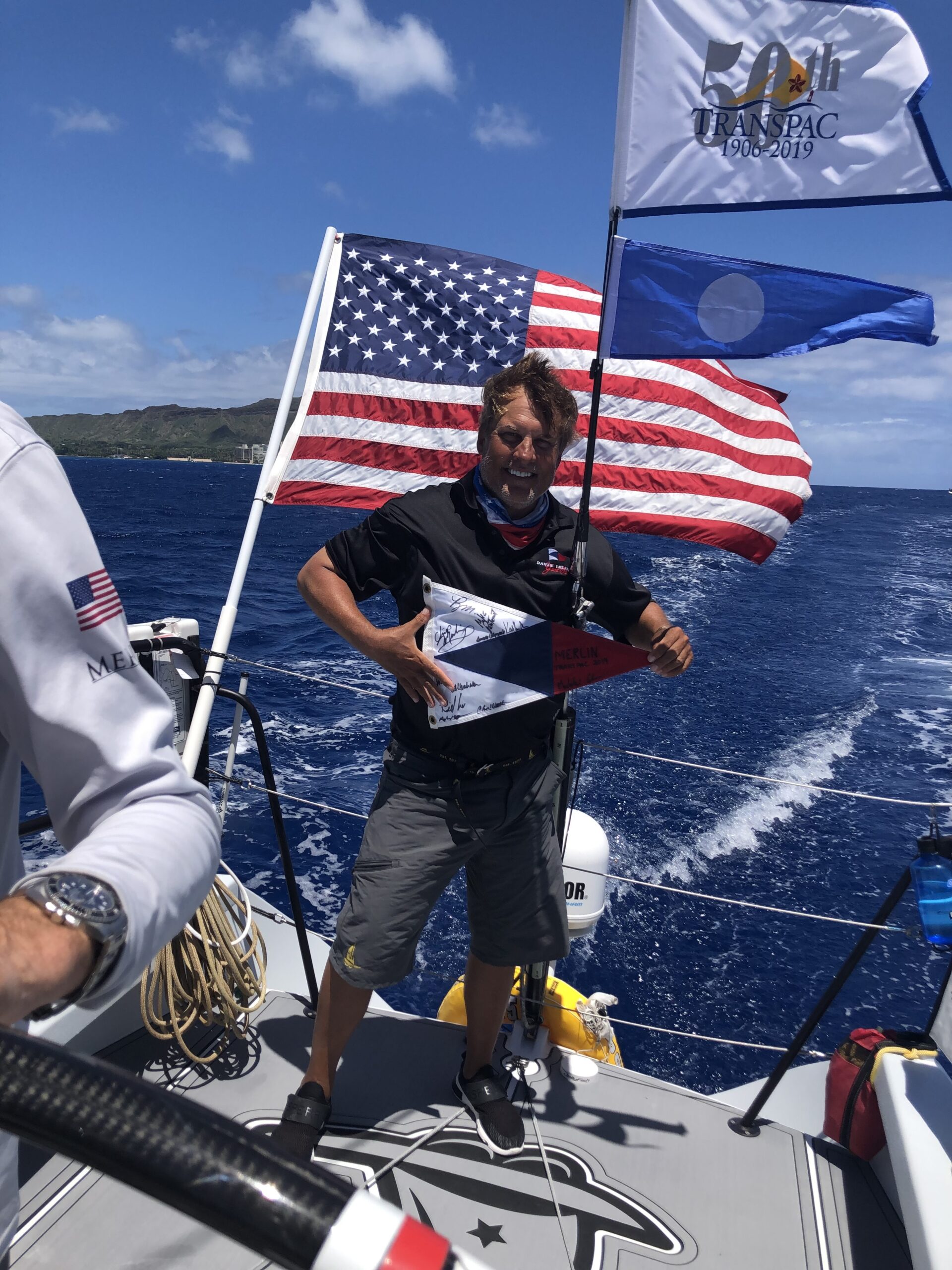I was asked a question last week about whether a hotel owner had to answer questions and provide financial documents about the hotel’s finances after the hotel suffered a loss. I have covered the topic recently in What is The Upside To Refusing To Appear At an Examination Under Oath?
Yesterday’s post, Hawaii Insurance Contract Interpretation,was about a case from Hawaii involving a yacht sinking under unusual circumstances and a changing story about how the sinking occurred.1 The policyholders eventually hired an attorney who told them not to answer a number of questions in the examination under oath. The attorney should have called his malpractice carrier immediately after giving this advice.
So, financial documents were not turned over, and questions were not answered under advice of counsel. Most readers of this blog can guess the following outcome from the court without reading it:
The purpose of an EUO provision is to enable the insurer ‘to possess itself of all knowledge, and all information as to other sources and means of knowledge, in regard to the facts, material to [its] rights, to enable [it] to decide upon [its] obligations, and to protect [itself] against false claims.’ Claflin v. Commonwealth Ins. Co., 110 U.S. 81, 94–95, 3 S.Ct. 507, 28 L.Ed. 76 (1884); see also Schmidt v. Allstate Ins. Co., 2007 WL 1430341, at *5 (D.Haw. May 11, 2007) (stating that a cooperation clause is generally ‘deemed valid since the ‘insurer has a right as a matter of law to know from the [insured] the facts upon which the insured asserts his claim, in order to determine for itself whether it should contest or attempt to settle the claim.’ ’…
Under Hawaii law, an insurance policy’s requirement that the insured submit to an EUO is a condition precedent to the insurer’s obligation to pay benefits. See Barbarin, 82 Hawai‘i at 264, 921 P.2d at 738 (‘[B]y failing to submit to AIG’s request for an EUO, Barabin breached his duty to cooperate under the policy, a condition precedent to AIG’s obligation to pay benefits.’). Accordingly, a failure to submit to an EUO may warrant summary judgment in favor of the insurer….see also Sarkisyants v. State Farm Mut. Auto. Ins. Co., 2007 WL 4195729, at *1 (9th Cir. Nov. 19, 2007) (affirming summary judgment for insurer where insured did not attend a reasonably requested second EUO); West v. State Farm Fire & Cas. Co., 868 F.2d 348, 351 (9th Cir. 1989) (finding that where insured failed to answer questions during his EUO, it was reasonable as a matter of law for the insurer to request EUOs of his family); Brizuela v. Calfarm Ins. Co., 116 Cal.App.4th 578, 10 Cal.Rptr.3d 661, 668 (Cal. App. 4th 2004)(affirming summary judgment and finding that after the insured failed to comply with the insurer’s initial demand for an EUO, it ‘became incumbent upon [the insured] to fulfill the requirement of being examined by offering to submit to such an examination at a later time’….
The Hawaii Supreme Court has not yet addressed the permissible scope of an EUO, and whether failure to answer certain categories of questions breaches an insured’s duty to submit to an EUO. However, other courts have found that an EUO may include investigation into possible motives for fraud and the insured’s financial position. See, e.g., Powell v. U.S. Fid. & Guar., 88 F.3d 271, 273 (4th Cir. 1996) (collecting cases and finding that an EUO clause is broad enough to encompass financial information); Phillips v. Allstate Indem. Co., 156 Md. App. 729, 848 A.2d 681, 691–92 (Md. App. 2004) (affirming summary judgment for the insurer where the insured refused to answer questions at an EUO about his finances); Wright v. Farmers Mut. of Neb., 266 Neb. 802, 669 N.W.2d 462, 466 (Neb. 2003) (finding that insured’s failure to answer questions regarding finances at an EUO is a material breach of the contract); Halcome v. Cincinnati Ins. Co., 254 Ga. 742, 334 S.E.2d 155 (Ga. 1985) (answering Eleventh Circuit’s question on certification that an insured would breach the contract by failing to provide any material information (such as financial information) during an EUO where evidence of possible fraud existed); see also Nichols v. Aetna Life & Cas. Co., 1995 WL 102801, at *2 (S.D.N.Y. Mar. 9, 1995) (‘When the alleged breach is based on the insured’s failure to answer questions about his financial situation, summary judgment is only appropriate when the circumstances surrounding the claim are suspicious.’).
The court finds this caselaw persuasive, and believes that the Hawaii Supreme Court would hold that an insured breaches an insurance policy’s requirement to submit to an EUO by failing to answer material questions during an EUO. The court further believes that under the circumstances presented in this case, the Hawaii Supreme Court would hold that questions regarding an insured’s finances are material where there is an objectively good-faith open question regarding whether the loss is fraudulent.
Applying these principles and construing the facts in a light most favorable to Plaintiffs, the court finds that no genuine issue of material fact exists that there was an objectively good-faith open question whether the loss of the PRINCESS NATASHA was fraudulent. Specifically, the facts surrounding the loss of the PRINCESS NATASHA reasonably raised questions of coverage, making the initial and subsequent requests for EUOs reasonable. It is undisputed that at the time Allstate initially requested that Plaintiffs submit to EUOs it knew, among other things, that (1) Plaintiffs had placed the PRINCESS NATASHA for sale shortly after buying the boat, and the loss occurred while it was still for sale, (2) the PRINCESS NATASHA had not been located, (3) the captain provided potentially differing stories on how the loss occurred and left Hawaii shortly after the loss, (4) Deguchi provided different names of the crew than were reported by the Coast Guard, and (5) Allstate could not even identify and locate the second crew member.
There are cases where questions are improper and clearly not relevant. But, if it is remotely close, answer the questions and provide financial documents requested by the insurer.
The picture above was taken right after the finish in the 2019 Transpac Race. I obviously wrote this blog post before I left. Hopefully, we are making some progress, although the weather forecast before the start is calling for light winds and a slow trip. I hope we have brought enough rum to make it to Hawaii.
If you want to see how the race is progressing, the link is here.
Thought For The Day
Racing, competing, it’s in my blood. It’s part of me, it’s part of my life; I have been doing it all my life and it stands out above everything else.
—Ayrton Senna
1 Deguchi v. Allstate Ins. Co., No. 07-144, 2008 WL 1780271 (D. Haw. April 9, 2008).





